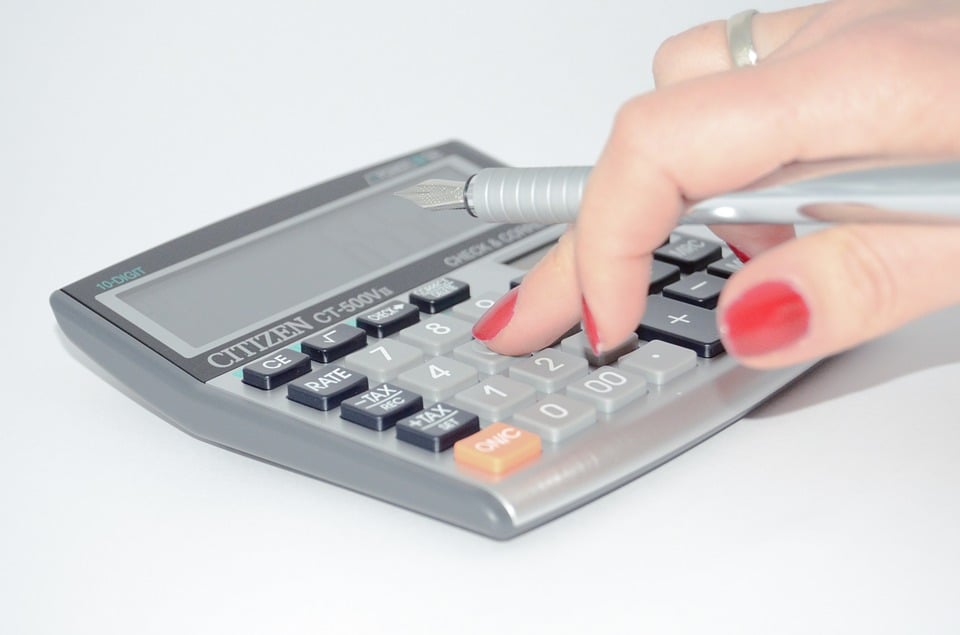Joint life insurance policy for couple...how beneficial?


Sale of house is done out of necessity or for gains. Just before registering it in the name of the buyer, it is essential to learn about the rules and regulations that govern such sales. Otherwise, the consequences could be frustrating.
The time of selling a house is the most important factor that should be kept in mind. Supposing a house is bought, and sold within three years, the sale price is seen as Short-term Capital Gain, by Income Tax (IT) Department. It will be taxed. The profit earned in selling a house should be added to the annual income and shown in the returns submitted at the end of the year.
Tax should be paid as per the slab rate. Those who have Rs. 10 lakhs and more annual income, will be in the bracket of 30 per cent tax. Such persons, if they sell the house within three years of buying it, will have to pay 30 per cent taxes. That is why, when a house is bought, it should be owned for at least three years. Even after three years, the gains in house sale is taxed. But after three years, the sale price is seen as Long-term Capital Gains by IT Department. This attracts 20 per cent tax. Also, the average inflation rate of the previous three years is calculated and deducted from the sale price. With this, the profit percentage declines. As a result, the tax is also reduced. Actually, a number of exemptions can be earned on Long-term Capital Gains. The same is not available for Short-term Capital Gains. Under Long-term Capital Gains, the expenditure on modernization can also be exempted. Even the interests paid on housing loans, before the construction of the house, is also exempted.
That is why, when a house is bought, it should be owned for at least three years. Even after three years, the gains in house sale is taxed. But after three years, the sale price is seen as Long-term Capital Gains by IT Department. This attracts 20 per cent tax. Also, the average inflation rate of the previous three years is calculated and deducted from the sale price. With this, the profit percentage declines. As a result, the tax is also reduced. Actually, a number of exemptions can be earned on Long-term Capital Gains. The same is not available for Short-term Capital Gains. Under Long-term Capital Gains, the expenditure on modernization can also be exempted. Even the interests paid on housing loans, before the construction of the house, is also exempted.
Avoiding tax burden
There are several ways to avoid paying taxes over Short-term or Long-term Capital Gains. If the sale price earned out of selling one house is spent on buying another house, within three years, then taxes need not be paid for it. The land bought and amount spent on construction of the house, is all considered as part of the expenditure. If another house is bought, within one year of construction a new house, before selling it, still there is no burden of tax. However, the second new house should belong to the seller of the first house. If a person living in a house sells it, he need not pay tax so long as he buys another house to live in.
For example, let us say a person gains Rs. 10 lakhs by selling his house. Let us suppose, he has bought another house for only Rs. 5 lakhs. The remaining amount of Rs. 5 lakhs is seen as Long-term Capital Gains and is taxed accordingly. However, if the house that was bought for Rs. 5 lakhs is sold within three years, then the exemption that was allowed when buying the house earlier is cancelled (where Short-term Capital Gain was considered as Long-term Capital Gain) . With this, that amount and the new gain through house sale will be taxed as Short-term Capital Gains.
Long-term bonds
Those who do not wish to buy another house for the Long-term Capital Gains earned through selling their house , have another method to avoid paying tax for the same. They can invest the amounts in the form bonds by National Roads Development Corporation, Rural Electrification Corporation or any government notified companies, under Section 54 EC of Income Tax (IT) Act. If they invest in this manner for three years, they need not pay tax. This exemption is valid if the investment is made within six months of the sale. Also, the exemption is granted for a maximum sum of Rs. 50 lakhs only. If the amount gained through house sale is more than that, the amount over and above Rs. 50,000 lakh is taxable.
Exemption under Section 54 EC can be calculated on the actual capital or the gains. Whichever is less, the tax will be charged on that amount. If a seller invests in these bonds and takes loans on them, then the exemptions are cancelled. The tax exemptions are applicable only after three years of the sale.
Investment in technology start-up
From the Financial Year 2016-2017, Centre has granted IT exemption on Long-term Capital Gains through investment in any government recognised technology start-up (new company). This decision has been taken by the government, in order to fund new companies in Technology sector. The exemption can be availed even if the amount is used to start a new technological start-up. But the exemption is granted only on the purchase of computers and software.
Adjusting with losses
Another option is to adjust the Long-term Capital Gains earned through sale of house towards the losses faced in other properties. For example: A youth buys a house for Rs. 1 crore. After a year, he sells it for Rs. 1.5 crores. Supposing he losses Rs. 30 lakh in shares invested in long-term. Then he is exempted tax on Rs. 30 lakh from Rs. 50 lakh gained in selling the house. Only the remaining amount is taxable. If he gets Short-term Capital Gains on the same house, he can meet the losses incurred in short-term on other properties.
TDS has to be paid
If a person is buying a house for Rs. 50 lakh and more, the buyer has to pay Tax Deducted at Source (TDS) to IT authorities. He should discount one per cent of the amount being paid to the seller and pay TDS to the IT authorities. The seller too should know this fact. If the buyer does not pay the one per cent of the buying price towards TDS, then he will lose the chance of claiming refund.
As per IT regulations, TDS should be paid within a month of the transaction. TDS has to be paid on the pan number of the seller. The seller has to take TDS certificate by submitting Form 16B, filled by the buyer. Later, a refund can be claimed.
What should be done If the amount gained through house sale is not invested in any manner, it should be deposited in Capital Gains Accounts Scheme, 1988, in banks. Then the amount should be used for buying only residential building. If the deposit is not done, it is considered as Long-Term Capital Gain and will be taxed. Deposits in Capital Gains Account Scheme and other deposits attract interest. However, these are also taxable.Note these points
If the amount gained through house sale is not invested in any manner, it should be deposited in Capital Gains Accounts Scheme, 1988, in banks. Then the amount should be used for buying only residential building. If the deposit is not done, it is considered as Long-Term Capital Gain and will be taxed. Deposits in Capital Gains Account Scheme and other deposits attract interest. However, these are also taxable.Note these points
Say you sold an old house for Rs. 50 lakh and bought a new house for just Rs. 40 lakh. Tax exemption is applicable to Rs. 40 lakh. The remaining Rs. 10 lakh has to be invested in long-term bonds for gaining exemption. They can also be discounted on long-term losses.
If the builder does not hand over the new house within three years, then also exemption can be claimed. Value is estimated as per State Government Registration Act and Stamp and Duties. IT Department officials will raise objections if value is shown as less than that projected by Registration Department records.
Section 54 addresses the exemptions that can be availed on Long-term Capital Gains earned through selling of a house. 54 F is meant for the same on properties other than residential. On the whole, it should be understood that this Section deals with tax exemptions on Long-term Capital Gains. Tax exemption is only for one house.
Capital Gains Tax
The expenditure on buying the house, on renovating it and in selling it, should be discounted while selling it. The remaining amount is taxable. Average inflation rate is also deducted on sale of property after three years of buying it. Short-term Capital Gains will be taxable as per the rates. Over Long-term Capital Gains 20 per cent tax has to be paid.
What are Capital Gains
Any property that has been acquired for individual use or for investment purpose, comes under this category. Meaning, house, shares, bonds, mutual funds etc. Let us say, a piece of property is bought and then sold. The amount gained or lost when the cost price is deducted from the selling price is Capital Gains.



















